Proton Therapy in India: Are You a Good Candidate?
.png)
Facing a cancer diagnosis is a profound challenge, and navigating the complex world of treatment options can feel overwhelming. For many, proton therapy in India represents a cutting-edge advancement in the fight against cancer, offering new hope. This highly precise form of radiation therapy is an excellent option for specific patients, as it masterfully targets tumors while protecting surrounding healthy tissue. The ideal candidate for proton therapy in India is often someone with a solid tumor located near a critical organ or a child whose developing body is vulnerable to the side effects of traditional radiation.
As India establishes itself as a hub for advanced medical care with world-class facilities, understanding this treatment is more important than ever. This guide will answer the key questions people are asking, helping you determine if proton therapy is the right path for you or your loved one on the journey to recovery.
What Exactly is Proton Therapy?
"Proton therapy is a highly advanced type of radiation therapy that uses protons (positively charged particles) to precisely target and destroy cancer cells. Its main advantage is its ability to minimize damage to surrounding healthy tissue."
Unlike traditional radiation, which uses X-rays (photons) that pass through the body and damage healthy cells before and after hitting the tumor, proton beams can be controlled to stop directly at the tumor site. This phenomenon, known as the "Bragg Peak," means the maximum cancer-killing energy is deposited exactly where it's needed, and the radiation does not continue through the body. This precision makes it a much safer option for many types of cancer.
Think of it like this: traditional radiation is like a bullet that goes through a target and hits the wall behind it. Proton therapy is like a specialized dart that flies to the target and stops, leaving the wall behind it untouched. This means fewer side effects and a better quality of life post-treatment.
Who is an Ideal Candidate for Proton Therapy in India?
"The ideal candidate for proton therapy in India is typically a patient with a solid, localized tumor that is located near critical organs or sensitive structures like the brain, spinal cord, or eyes."
A multidisciplinary team of radiation oncologists and surgeons will evaluate each case, but some general criteria make a patient particularly well-suited for this treatment. The primary goal is to leverage proton therapy's precision where it matters most. If a tumor can be safely and effectively treated with standard radiation without significant risk to healthy organs, proton therapy may not be necessary.
However, if the tumor is wrapped around a major artery, sitting at the base of the skull, or nestled near the heart, proton therapy becomes a superior choice. Its ability to "paint" the tumor with radiation while avoiding these vital areas is what makes it so valuable.
What Types of Cancer Does Proton Therapy Treat?
"Proton therapy is used to treat solid tumors in both adults and children. It is especially effective for cancers of the brain, head and neck, prostate, lung, and certain gastrointestinal tumors, as well as sarcomas."
Because of its tissue-sparing properties, proton therapy is a powerful weapon against a wide range of cancers. The most common applications in India include:
- Brain and Spinal Cord Tumors: Both cancerous and non-cancerous tumors where protecting neurological function is vital.
- Head and Neck Cancers: Cancers in the sinuses, throat, or base of the skull, which are surrounded by critical structures.
- Pediatric Cancers: Cancers in children, such as medulloblastoma and retinoblastoma.
- Prostate Cancer: To minimize the risk of side effects affecting urinary and sexual function.
- Lung and Liver Cancers: To deliver a powerful dose to the tumor while protecting the healthy parts of these vital organs.
- Sarcomas: Tumors of the bone and soft tissue, especially those in difficult-to-reach locations.
- Recurrent Cancers: Cancers that have returned in an area that has already been treated with traditional radiation.
Why is Proton Therapy Highly Recommended for Children?
"Proton therapy is highly recommended for children because their bodies are still developing, making them especially vulnerable to the long-term side effects of radiation. Proton therapy significantly reduces this risk, protecting their growth, cognitive development, and future health."
This is perhaps the most important and universally accepted application of proton therapy. Standard radiation can cause significant long-term harm to a child, including stunted growth, hormonal problems, learning disabilities, and a higher risk of developing a new, radiation-induced cancer decades later.
By sparing healthy tissue from unnecessary radiation, proton therapy for pediatric cancer offers a chance not just to cure the disease, but to ensure the child can grow up to live a healthy, full life with fewer lasting complications.
What is the Cost of Proton Therapy in India?
"The cost of proton therapy in India typically ranges from ?20 lakh to ?30 lakh (approximately $24,000 to $36,000 USD), although this can vary significantly based on the case complexity, the number of sessions, and the treatment center."
While this is a significant expense, it is considerably more affordable than in the United States or Europe, where costs can easily exceed $100,000. This has made India an important destination for medical travelers seeking high-quality, affordable proton therapy. The cost at a public institution like Tata Memorial may be lower for patients who meet certain criteria.
Is Proton Therapy Covered by Insurance in India?
"Insurance coverage for proton therapy in India is evolving. Some private health insurance policies may cover the treatment, but it often requires specific pre-authorization and is not always guaranteed. Government schemes may apply at public hospitals."
Patients should have a detailed discussion with their insurance provider as early as possible. You will likely need to provide documentation from your oncology team explaining why proton therapy is medically necessary over other forms of radiation. Because it is still considered an advanced and high-cost treatment, insurers review cases on an individual basis.
How Does Proton Therapy Differ From Traditional Radiation?
"The main difference is the type of particle used and how it behaves. Proton therapy uses protons that stop inside the tumor (the Bragg Peak), while traditional therapy uses X-rays (photons) that travel all the way through the body, exposing more healthy tissue to radiation."
This fundamental difference leads to the primary benefit of proton therapy: a lower "exit dose." With less radiation being delivered to the healthy tissues behind the tumor, the risk of both short-term and long-term side effects is substantially reduced.
What is the Process for Proton Therapy Evaluation in India?
"The evaluation process begins with a consultation with a radiation oncologist at a proton center, followed by a thorough review of your medical records and scans by a multidisciplinary tumor board to confirm your candidacy."
If you believe you might be a good candidate, the path is straightforward. Your oncologist will collect all your medical reports, pathology slides, and imaging scans (CT, MRI, PET). This information is presented to a tumor board—a panel of experts including surgeons, oncologists, and radiologists. This team will collaboratively decide if proton therapy is the best possible treatment for you. If approved, a highly detailed 3D treatment plan is created to map out the procedure.
Exploring advanced treatments like proton therapy is a critical step toward finding the best possible care. If you believe you or a loved one might be a candidate for proton therapy, it's time to connect with experts who can guide you. Explore world-class cancer centers in India and around the globe with PlacidWay to get a personalized assessment and start your path to healing.




.png)
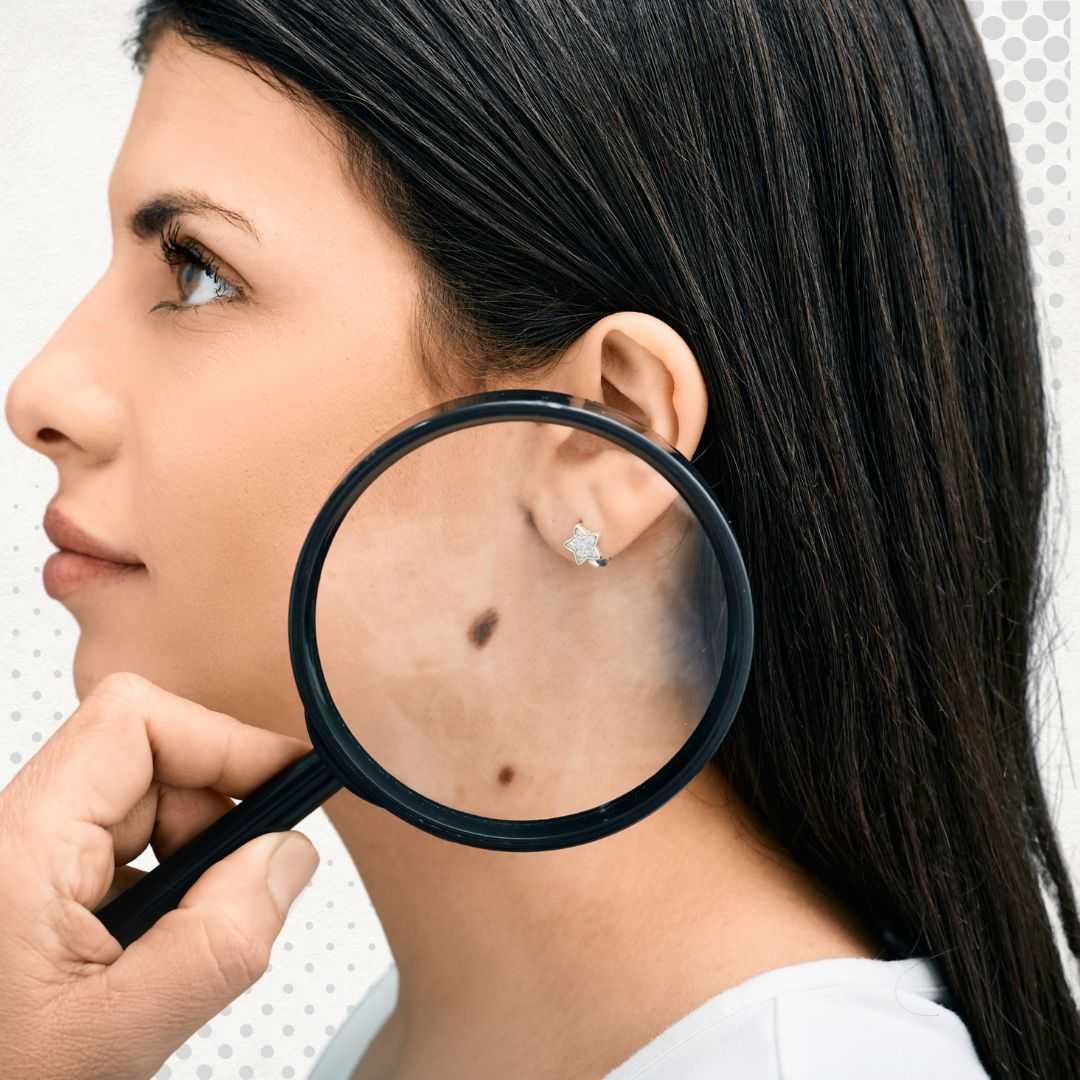






.png)
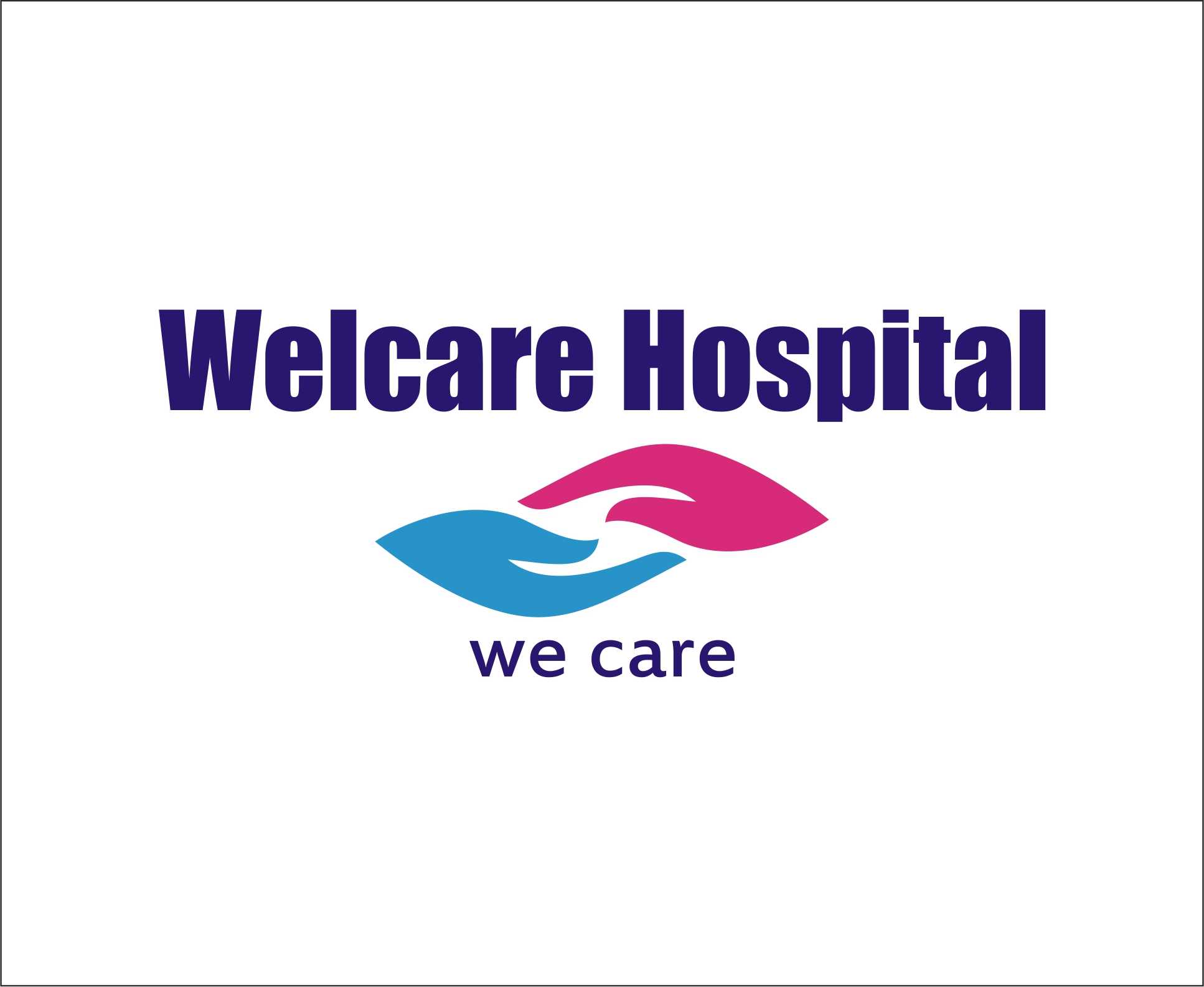
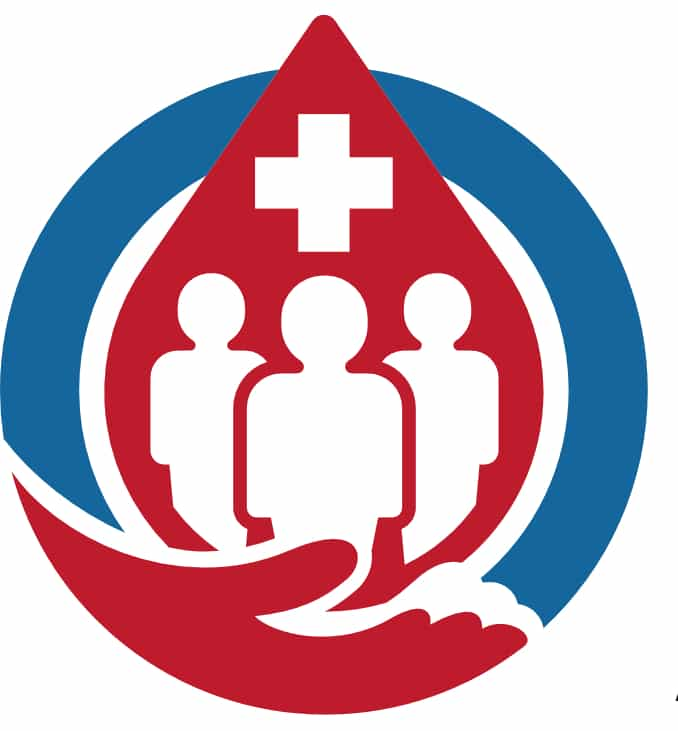
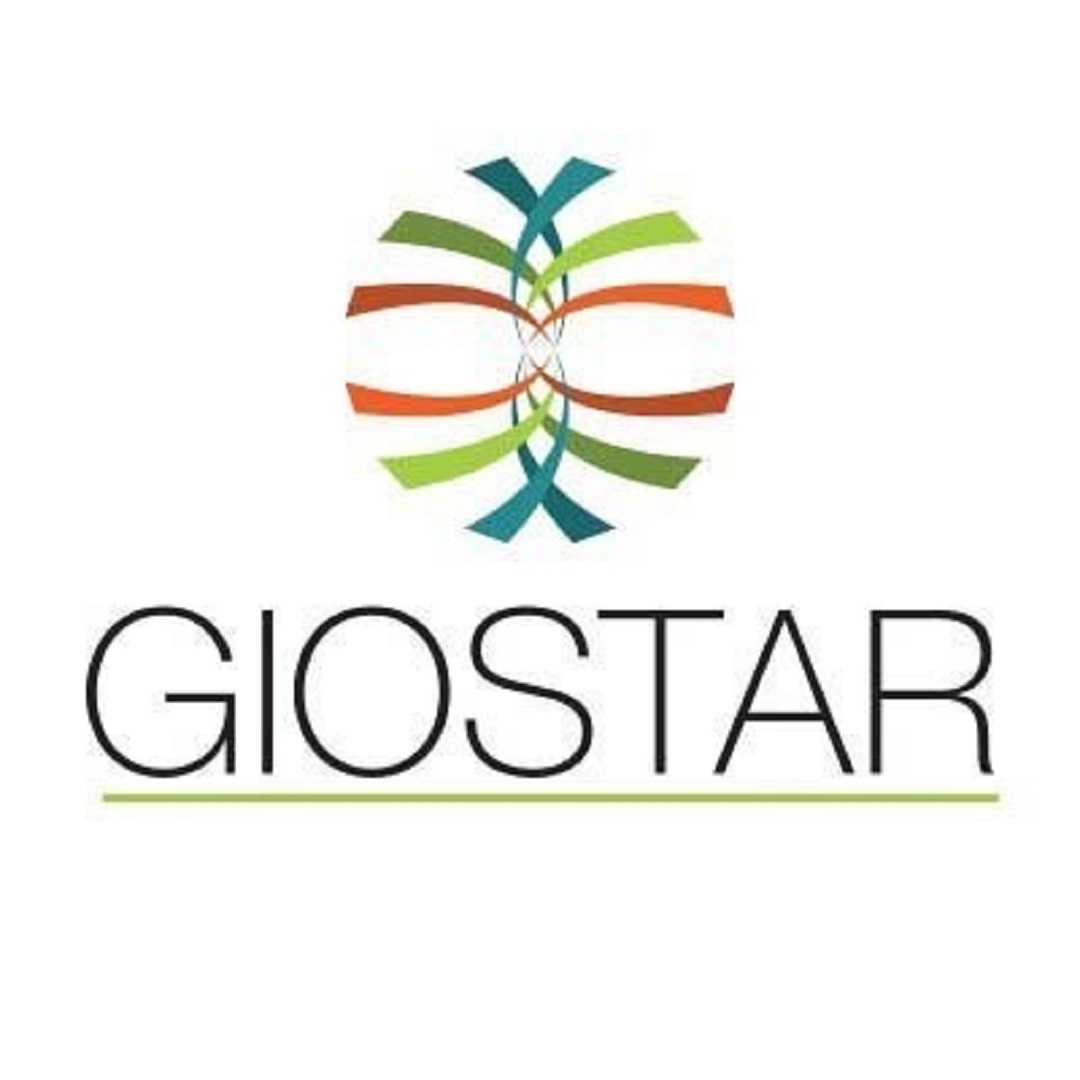

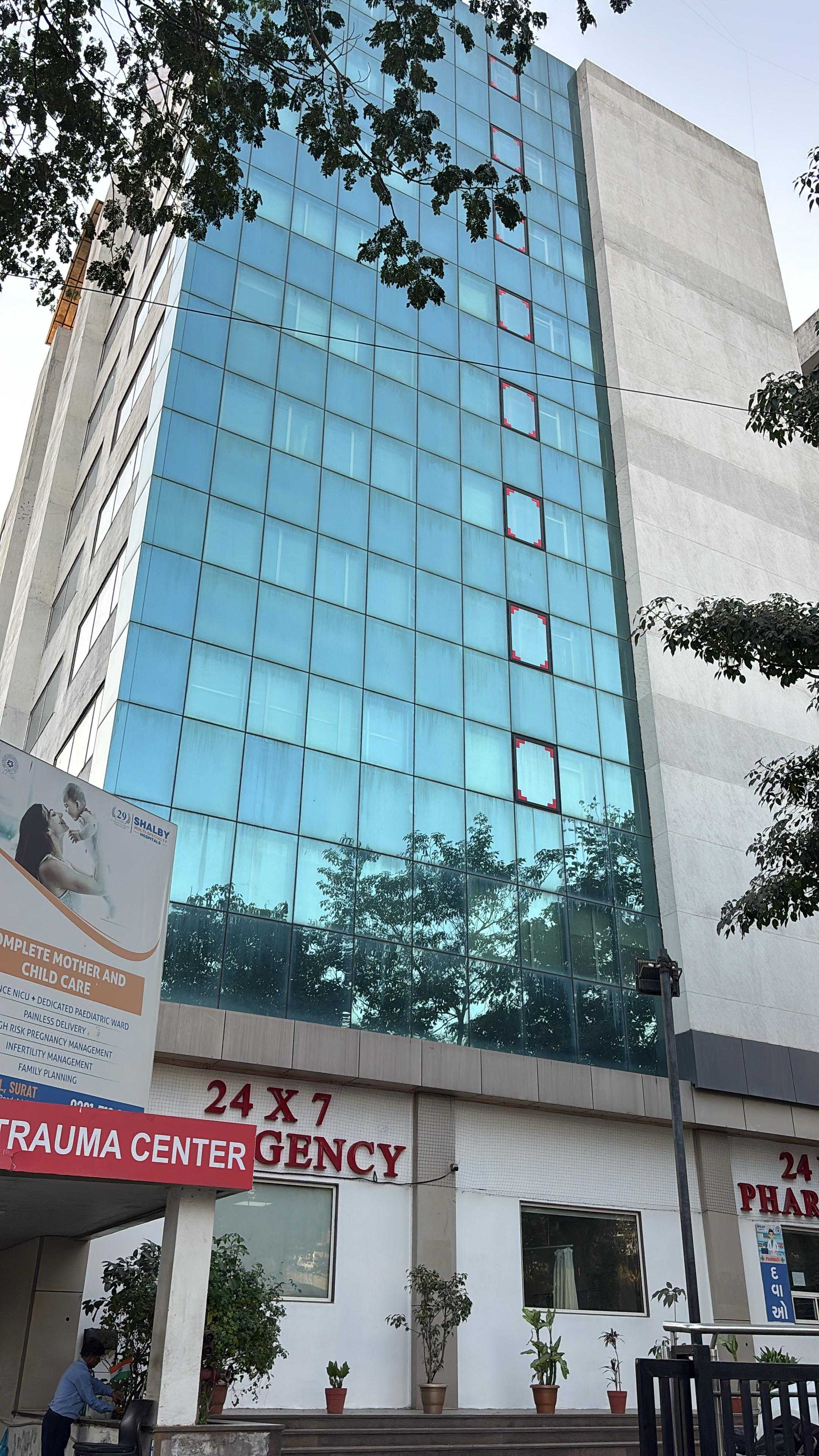

Share this listing